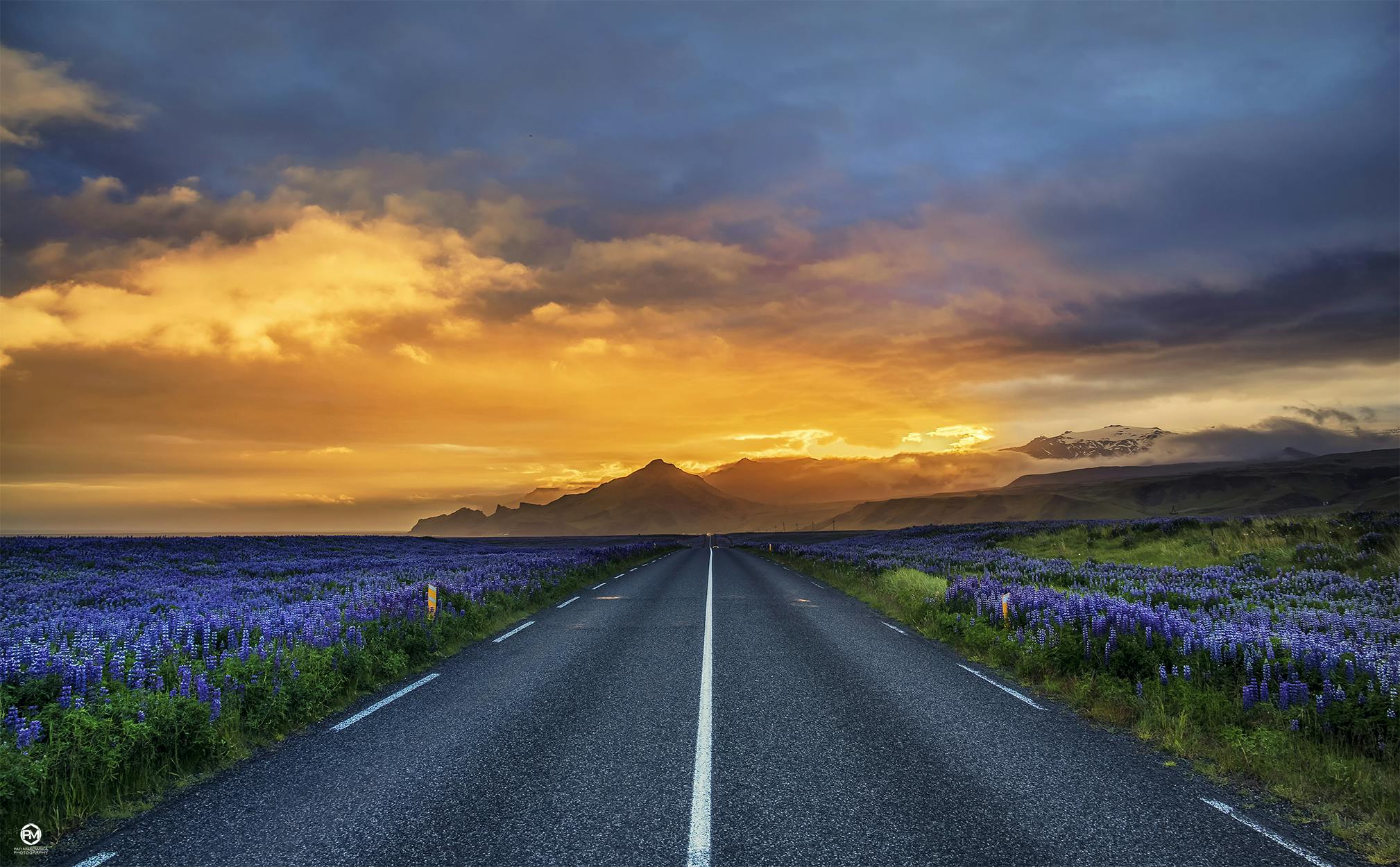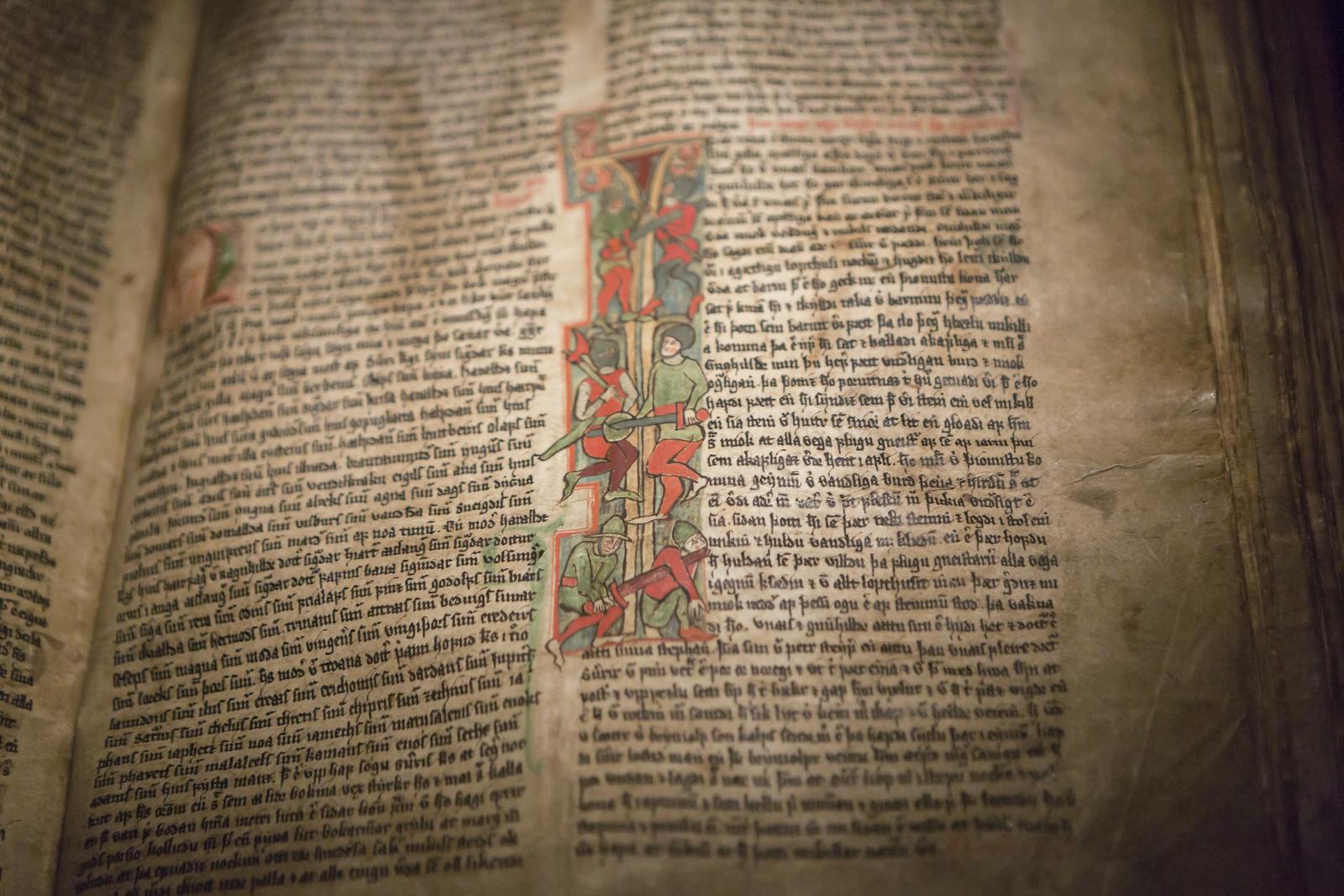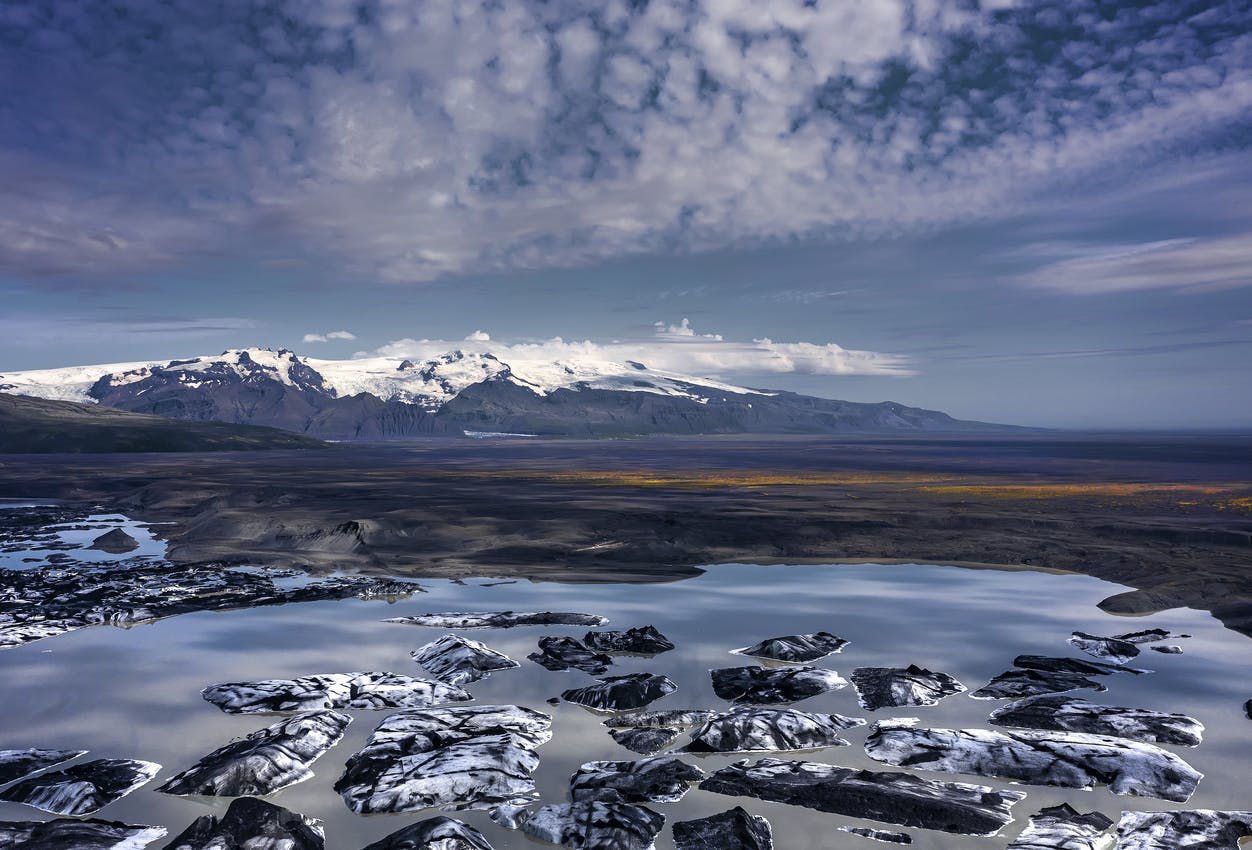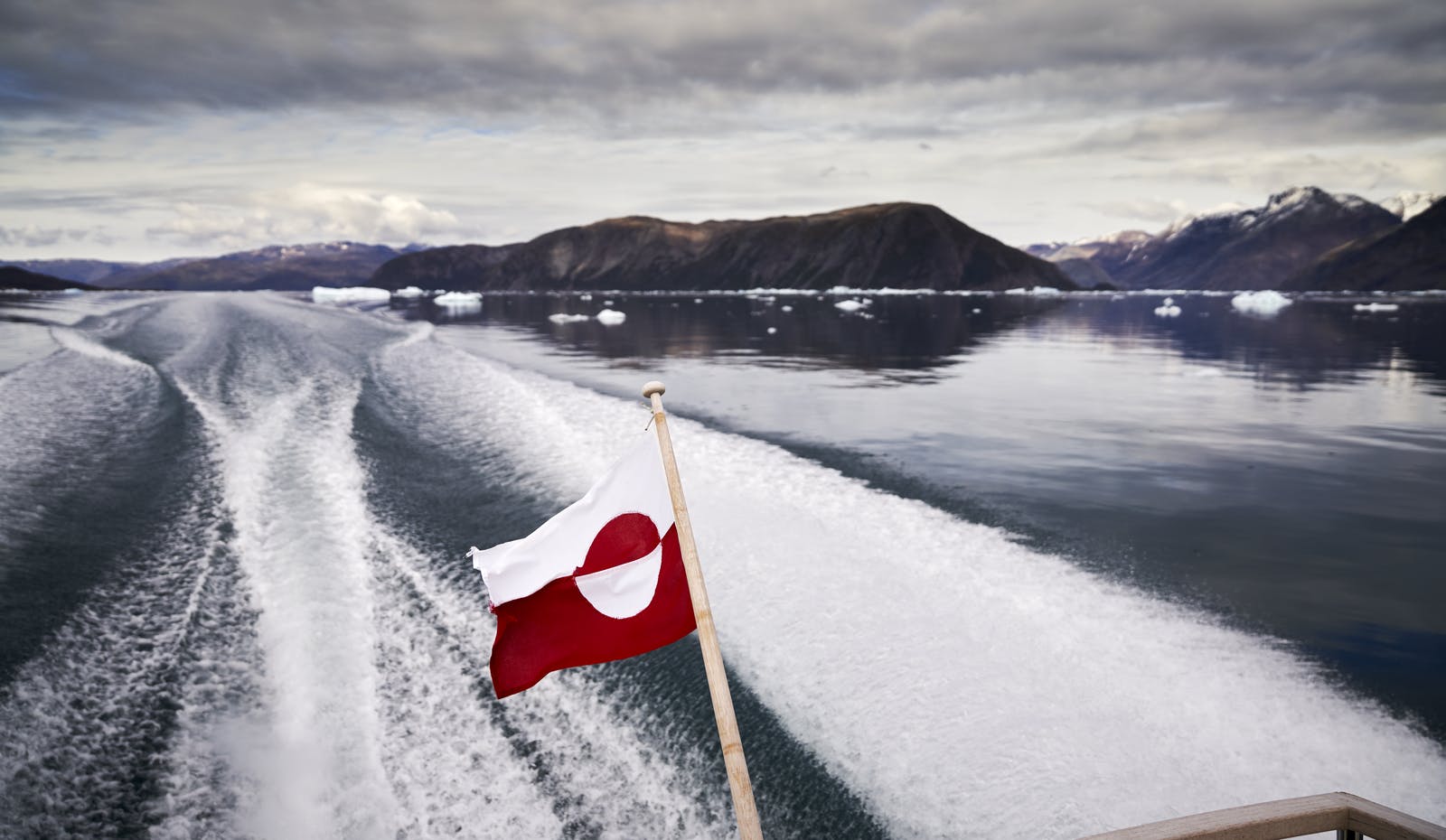
Why is Iceland Called Iceland & Greenland Greenland?
Do you ever look at a country's name and wonder how it came about? While some seem obvious, others appear to be a misnomer. For instance, why is Iceland called Iceland when much of the country isn't covered in ice?
And also, why is neighbouring Greenland, covered in one of the world's largest ice sheets, called Greenland when it's hardly green at all? Let's find out a little about Iceland's name history and get to the bottom of these seemingly illogical names.
Why is Iceland called Iceland?

A clue from The Book of Settlement
To learn more about why Iceland is named Iceland, we need to delve into the country's early history. Iceland has a historical reference book called the Landnámabók, or the 'Book of Settlements'. It was written in medieval times and describes the events of the settlement of Iceland in the 9th and 10th centuries.
In it, you'll read about the Norse explorers who set sail to explore new lands. Scientists have uncovered archaeological evidence of people living in the Westfjords a thousand years ago or more.
A king called Flóki
One of the pioneering explorers was called Flóki Vilgerðarson, though he's also referred to as Hrafna-Flóki ('Raven-Flóki'). He was a Viking king. So the story goes, he used three ravens as a navigation aid, following them all the way to Iceland's Westfjords.
And how was Iceland named? Stepping off the boat, he climbed up a hill to get a better look at the territory to which he'd been led. He took in the view: an icy fjord. Inspired by his surroundings, he proclaimed that this new place would be called Iceland.
Modern day dissent

However, some historians are not so keen to believe popular legends to address the question of how Iceland was named. Instead, there's an alternate theory. As the Vikings travelled west, they probably used Iceland's glaciers to help them get their bearings, and it was this ice that led to the country's name being what it is today.
When you think about the geography, maybe it doesn't make sense to step onto dry land for the first time in the Westfjords when you'd have passed more of Iceland as you approached from the east.
The Irish connection
There's another, perhaps equally plausible, explanation. Some sources state that there were already Irish monks living in Iceland by the time the Norsemen arrived, though possibly not permanently. They get a mention in the Íslendingabók ('Book of the Icelanders'), written in the 12th century. The Irish monks may have been in Iceland since the 8th century. Perhaps to them, the name Ísland simply meant island.
Why is Iceland called Iceland?

When it comes to who named Greenland and Iceland, it's unlikely to be the same person.
So who named Greenland?
These days, locals in Greenland use a different term when they refer to their country. In Greenlandic, the name is not Greenland, but instead Kalaallit Nunaat, which means 'Land of the Greenlanders'. They also call it Inuit Nunaat, which means 'Land of the People'. But where does the Greenland part originate?
A clever marketing tool
Erik the Red led an expedition to Greenland and created its first European colony. Born in Norway, he had been expelled from Iceland and charged with murder. As a consequence, he set sail for the west in search of somewhere else to call home. That land was the southern part of what we now call Greenland.
Realizing that if his permanent settlement there was to be a success, he would need to encourage others to join him. He chose the name Greenland for this reason, making it sound like a great place to live.
But as we all know, so is Iceland. Find out more about what makes the country so special with a visit to Perlan.








